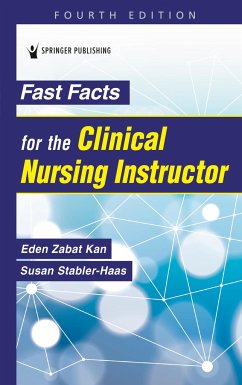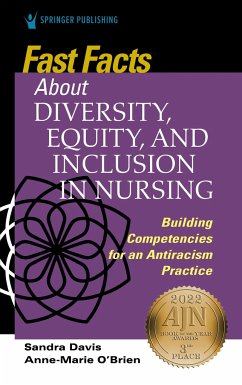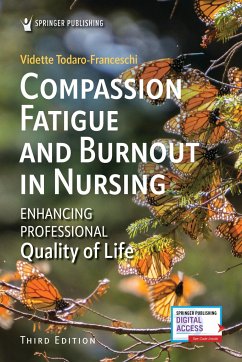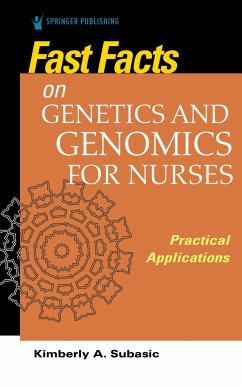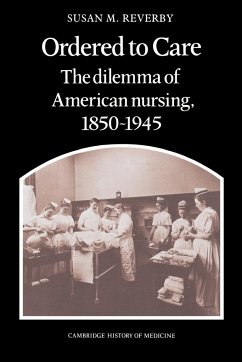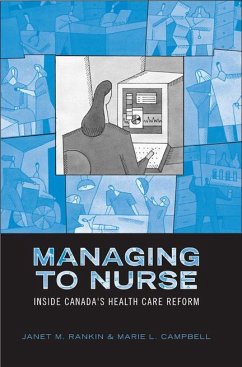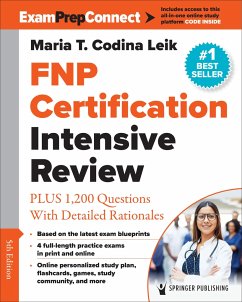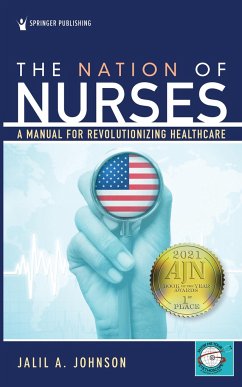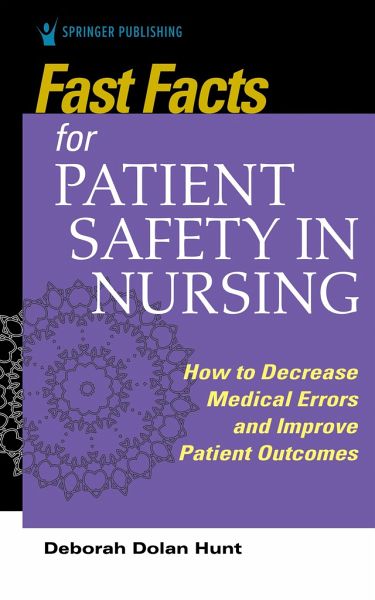
Fast Facts for Patient Safety in Nursing

PAYBACK Punkte
23 °P sammeln!
"Medication errors include failure to properly identify the patient, heavy workloads, staff shortages, noise and distractions, fatigue, sound alike drugs, misuse of abbreviations, an illegible prescriptions, inappropriate dosage and infusion rates, incorrect time, and poor communication during change of shift. Workload issues have been correlated with poor patient outcomes and the pandemic has certainly exacerbated the nursing and healthcare professional shortage. Unit II is focused on improving patient safety and decreasing adverse events. The third chapter focuses on ways to become a safe pr...
"Medication errors include failure to properly identify the patient, heavy workloads, staff shortages, noise and distractions, fatigue, sound alike drugs, misuse of abbreviations, an illegible prescriptions, inappropriate dosage and infusion rates, incorrect time, and poor communication during change of shift. Workload issues have been correlated with poor patient outcomes and the pandemic has certainly exacerbated the nursing and healthcare professional shortage. Unit II is focused on improving patient safety and decreasing adverse events. The third chapter focuses on ways to become a safe practitioner through education and competency development. The fourth chapter highlights several theories that can be used to promote quality of care and decrease adverse outcomes. The fifth chapter focuses on the significance of critical thinking in promoting patient outcomes and ways to develop and improve critical thinking and reasoning. Clinical judgement is an important skill and Tanner's Clinical Judgement Model has been widely used to help develop clinical judgement. The sixth chapter focuses on prioritization and delegation and ways to develop these skills in addition to scope of practice, intuition, and ethics. The seventh chapter focuses on leadership and emotional intelligence and the final chapter focuses on the issue from a holistic approach and includes cultural humility and artificial intelligence"--





